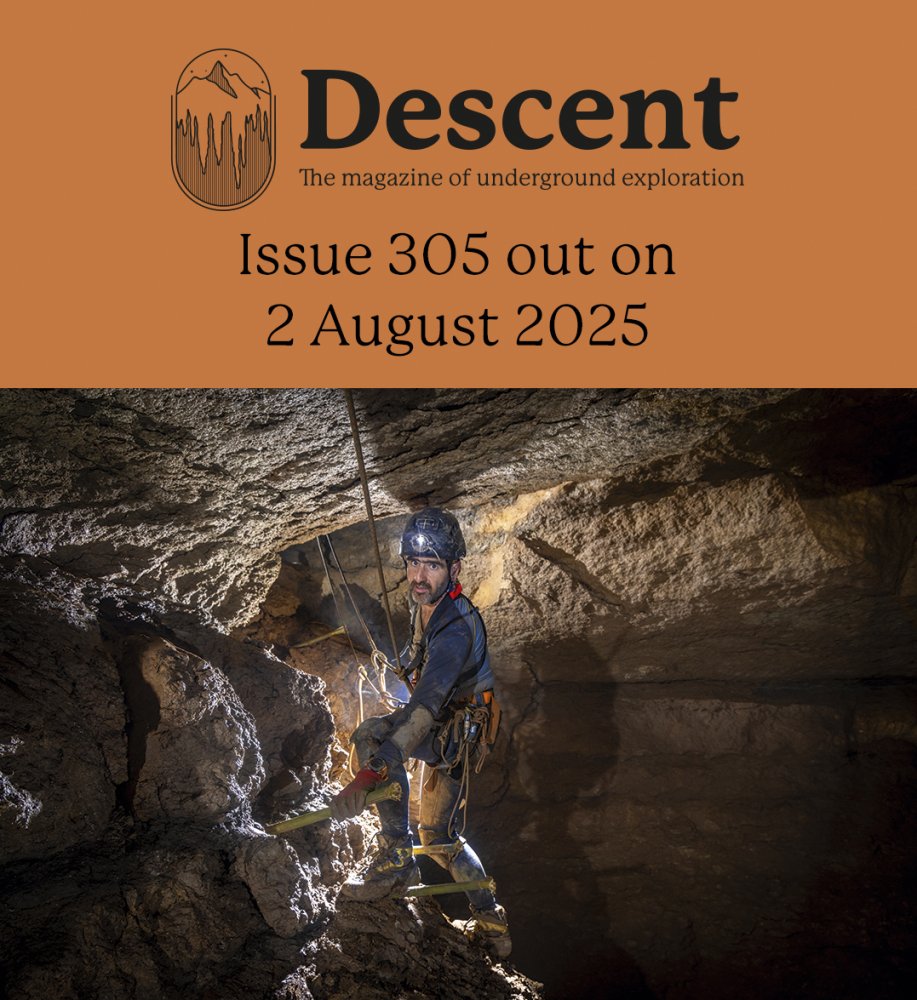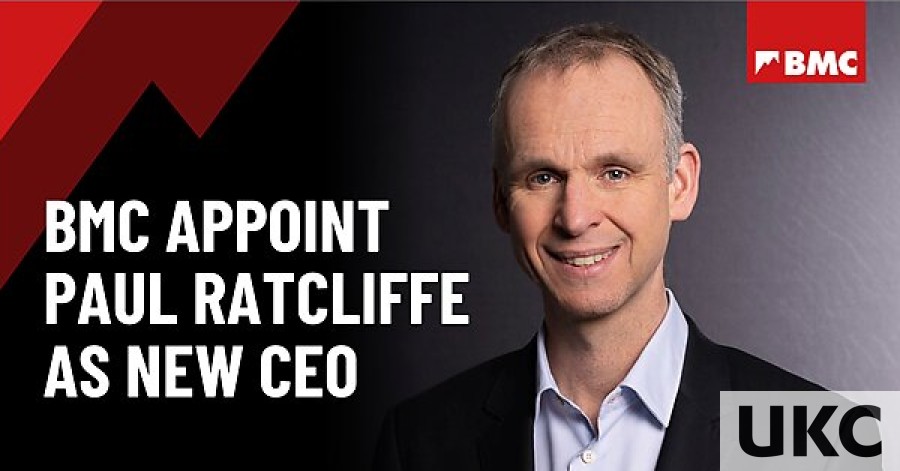It is a fascinating set of problems facing the BMC. These are problems caving will likely never face and the two organisations remain poles and oceans apart. If only caving could have a just fraction of what the BMC has in it C&A locker....
The majority of BMC membership comes from the trad climbing and hillwalking side which has traditionally focused on maintaining access and has been very successful in that, hence 85,000 supporters perhaps.
A big part of the problem of membership recruitment lies in the fact that many are introduced to climbing on artificial walls and a lot don't progress from there. There is little need to join BMC if that is what you do. In the last decade this has developed into sport climbing and an Olympic event. Sport England offers a ton of money if a Brit has a chance of winning. I think the BMC are obliged to contribute a percentage of the funding but it is not something to turn away easily. I suspect the reality has crept up on the BMC slowly and the backlash was seen a few years ago with the vote of no confidence. The man at the top was from an elite sports background and not a climber and this might have been good for the sport side but there was clearly a lack of understanding of where the sport came from and who BMC is. The projected growth was plain unrealistic.
I understand a recent council meeting said that the redundancies in C&A where not as severe as first reported. However, one feeling amongst my BMC member mates is that the organisation should split, with the competitive sport side moving away from the traditional organisation. We'll see.
The majority of BMC membership comes from the trad climbing and hillwalking side which has traditionally focused on maintaining access and has been very successful in that, hence 85,000 supporters perhaps.
A big part of the problem of membership recruitment lies in the fact that many are introduced to climbing on artificial walls and a lot don't progress from there. There is little need to join BMC if that is what you do. In the last decade this has developed into sport climbing and an Olympic event. Sport England offers a ton of money if a Brit has a chance of winning. I think the BMC are obliged to contribute a percentage of the funding but it is not something to turn away easily. I suspect the reality has crept up on the BMC slowly and the backlash was seen a few years ago with the vote of no confidence. The man at the top was from an elite sports background and not a climber and this might have been good for the sport side but there was clearly a lack of understanding of where the sport came from and who BMC is. The projected growth was plain unrealistic.
I understand a recent council meeting said that the redundancies in C&A where not as severe as first reported. However, one feeling amongst my BMC member mates is that the organisation should split, with the competitive sport side moving away from the traditional organisation. We'll see.







